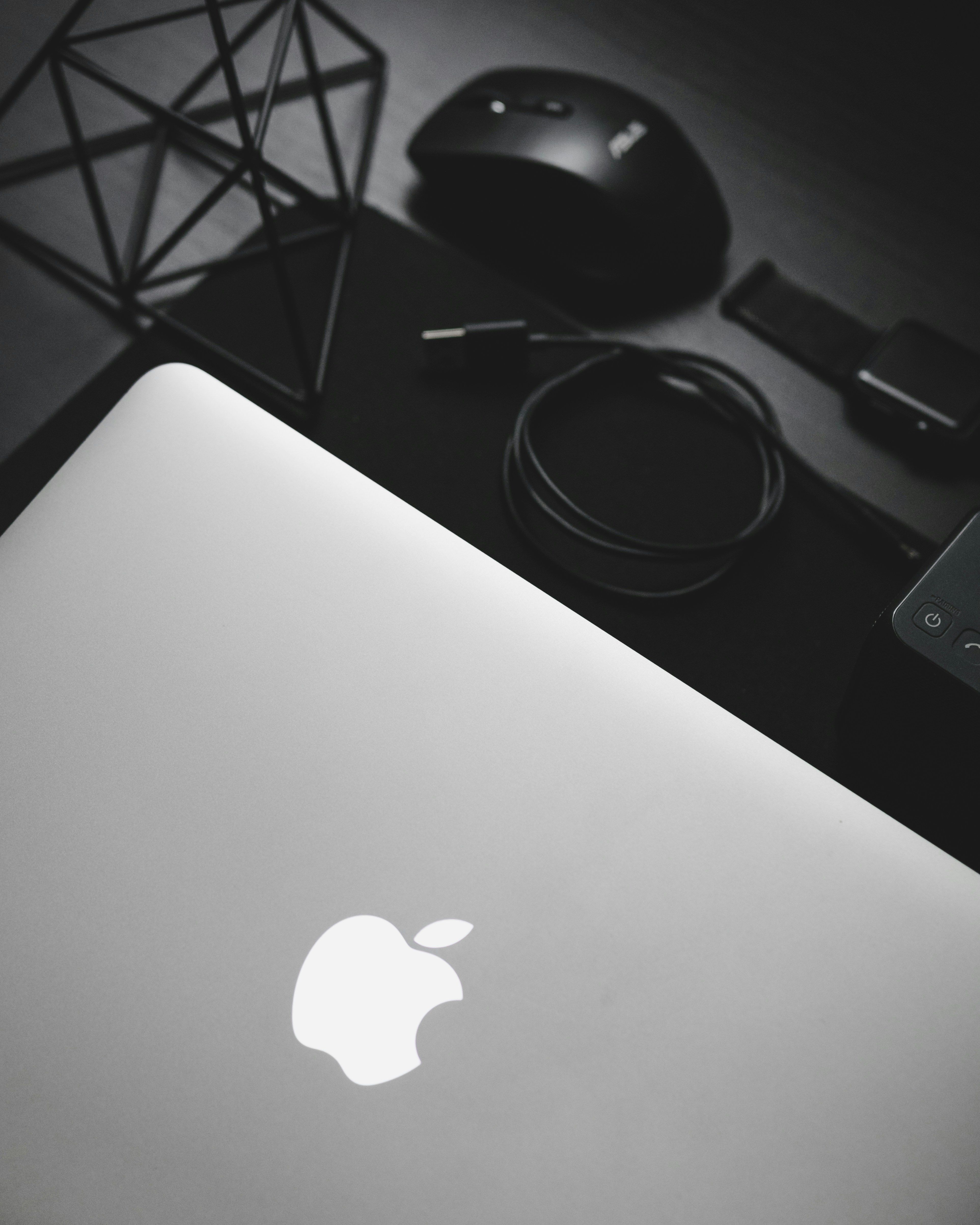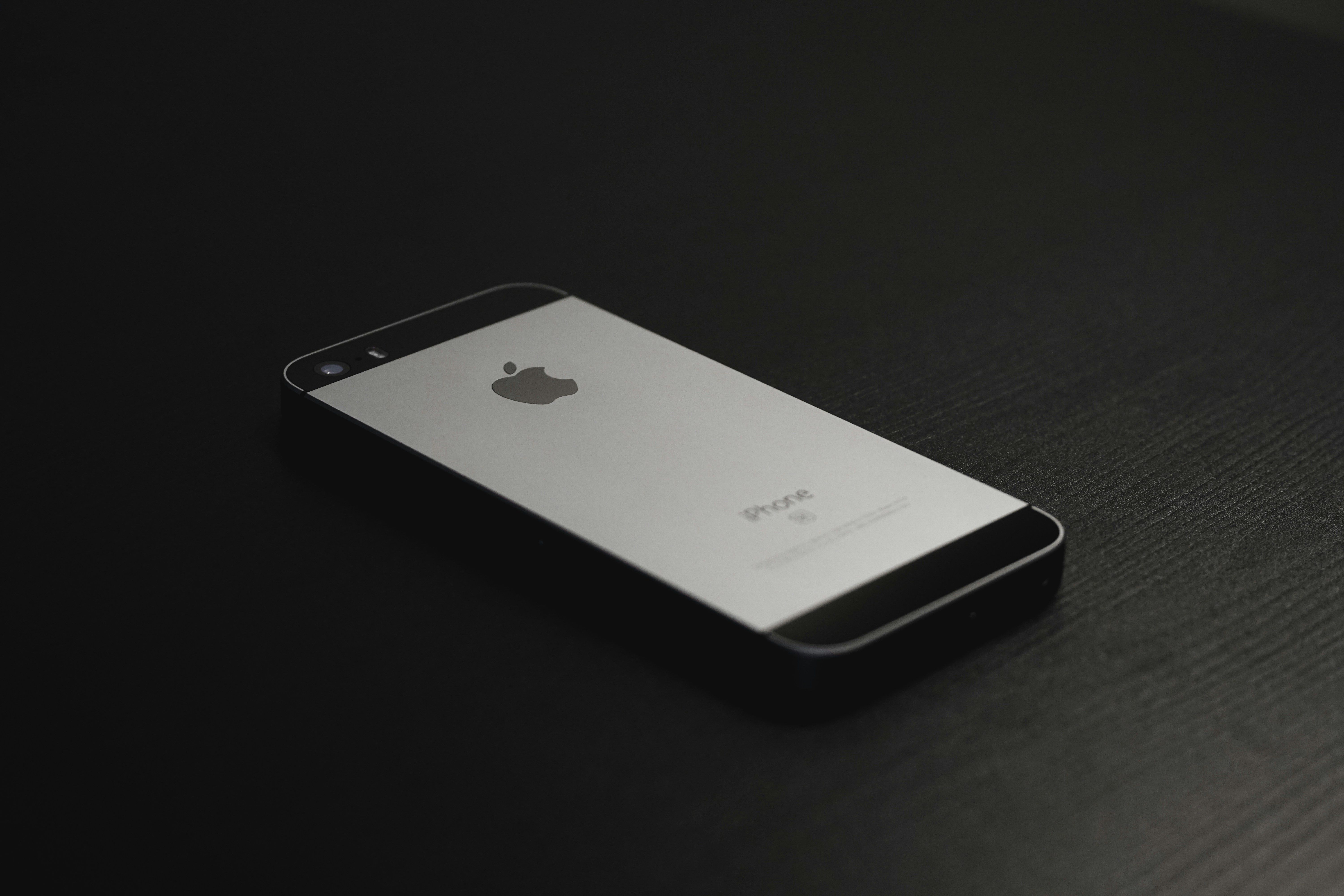Apple's iOS 18 and "Apple Intelligence"
With the introduction of iOS 18, Apple is potentially setting a new benchmark in mobile operating system capabilities, infusing advanced AI technologies under the banner of "Apple Intelligence." This upgrade, debuting at WWDC 2024, aims to integrate sophisticated AI features across Apple's ecosystem, including iPhone, iPad, and Mac devices. Unlike other tech giants that may prioritize eye-catching generative AI capabilities, Apple's strategy with iOS 18 focuses on enhancing user experiences with practical, privacy-centric AI applications. This ensures that functionalities like AI-powered app enhancements and Siri improvements align closely with everyday user needs, maintaining Apple's core values of simplicity and security.
iOS 18 AI Features

Photo by Tyler Lastovich / Pexels
AI-Enhanced Siri Capabilities
Apple's iOS 18 upgrade introduces significant enhancements to Siri, integrating more advanced AI technology. With these updates, Siri can now perform tasks such as deleting emails, editing photos directly through voice commands, and even controlling third-party apps with greater precision. This upgrade will improve the utility of Siri making the virtual assistant more integrated into daily workflow, thereby enhancing user experience significantly.
AI for Daily Productivity - Reply Suggestions and Summarizations
iOS 18 introduces AI-driven features designed to boost productivity. Key among these are smart reply suggestions and text summarizations. The AI algorithms analyze texts, emails, and notes to suggest contextually relevant responses and concise summaries. This feature is designed to save time and boost efficiency by reducing the amount of manual input users need to stay on top of communications and information management.
Enhanced App Integration and User Interface Changes
The integration of AI extends beyond just productivity tools and into app functionality and user interface enhancements within iOS 18. Apple Intelligence has refined user interaction with the operating system, offering more intuitive navigation and customization options. AI-powered enhancements in the Mail app, for example, help categorize emails automatically and suggest draft responses, greatly improving task management. Additionally, system-wide interface updates include customizable icons and a revamped Control Center, offering a more personalized and streamlined experience.
On-Device vs. Cloud-Based AI Processing

Photo by AltumCode on Unsplash
Technical Considerations and Device Requirements
iOS 18's AI capabilities are designed to operate both on-device and via cloud-based processing, with the system intelligently deciding the best approach based on the complexity of the task. For on-device processing, iOS 18 will harness the power of newer Apple chipsets, beginning from the A17 series in iPhones and the M1 in iPads and Macs. This segregation ensures optimal performance and responsiveness especially for tasks requiring immediate processing like Siri commands.
Privacy and Security Features in iOS 18
Apple emphasizes privacy and security with iOS 18, particularly in how AI processes user data. The system is engineered to conduct processing on-device whenever possible, minimizing data exposure to cloud storage. Moreover, Apple assures that its AI does not create user profiles from collected data, reiterating its commitment to user privacy. Enhanced security protocols are present, especially in cloud-based processing, to safeguard user information effectively.
Expected Impacts on Device Performance and User Brothers
With the introduction of AI capabilities in iOS 18, users can expect a mix of impacts on device performance. On one hand, AI enhancements are designed to streamline operations and enhance efficiency, potentially leading to faster overall performance. On the other hand, AI-driven tasks, especially those processed on the device, may increase the demand on system resources. However, Apple's intelligent management system aims to balance these effects, optimizing performance based on current device capabilities and task requirements. Users can also look forward to an improved overall UI/UX experience, making daily interactions with their devices more intuitive and productive.
Future of Apple Intelligence - Beyond Smartphones and Tablets

Photo by Julian O'hayon on Unsplash
Plans for AI-Powered Health Coaching and Home Robotics
The concept of smart living is being redefined by Apple with its future plans for AI-powered health coaching and home robotics. With the introduction of the "Apple Intelligence" in iOS 18, a whole new horizon of possibilities opens up, extending Apple's ecosystem beyond smartphones and tablets into a more integrated, seamless smart lifestyle solution.
To enhance personal health management, Apple is exploring the integration of AI into its health-related features. Investments in AI-powered health coaching aim at providing personalized health guidance based on continuous monitoring and analysis of health data. This could include reminders for medication, diet suggestions, or exercise routines, all tailored specifically to the user's health condition and history.
When it comes to home robotics, Apple's plans indicate an ambitious effort to introduce devices capable of assisting with household chores and improving home security. Following in the footsteps of products like Amazon's Astro, Apple's AI-driven robots could offer functionalities such as patrolling the home for security checks, automatic adjustments of home appliances, and even complex tasks like assisting mobility-limited users. The integration of advanced Siri capabilities into these robots will likely enable them to be controlled via voice commands, making them a useful part of the smart home ecosystem.
Integration with Wearables and Potential New Devices
Apple's foray into AI is not limited to stationary products. The future involves a deeper integration of AI with wearable devices, potentially introducing a new lineup of smart wearables such as augmented reality (AR) glasses and smart rings. These would not only augment the everyday functionality of current devices but also introduce new forms of interaction and utility.
One of the speculated highlights in the wearable category is the development of AR glasses. By using AI enhancements from iOS 18, these glasses could overlay digital information onto the real world, providing a seamless and interactive AR experience. They may include features like navigation aids, live translations, or even AR-based notifications, all integrated smoothly into the user's visual field.
Smart rings are another innovative area that could expand Apple's wearable technology offerings. These devices might monitor health metrics such as heart rate or sleep patterns, offering a more discreet option for health tracking compared to smartwatches. Additionally, given Apple's privacy-centric approach, these devices will likely handle sensitive health data with high security, ensuring that personal information remains protected.
The expansion of the Apple ecosystem through AI integration is a notable shift from conventional device functionality to a broader, more integrated application of technology in everyday life.
Closing Thoughts on Apple's AI Strategy and User Adoption

Photo by Alexander Shatov on Unsplash
The introduction of iOS 18 with its 'Apple Intelligence' features is a pivotal shift in Apple's AI strategy. Unveiling a range of AI-driven capabilities, from enhanced Siri interactions to on-device and cloud-based AI processing, Apple is not just upgrading its software; it's fundamentally changing how users interact with their devices.
Apple's decision to make these AI features opt-in reflects a strategic move to ease user adoption and address privacy concerns proactively. By allowing users to control their engagement level with these AI functionalities, Apple is respecting user preferences and subtly encouraging adoption by providing a sense of control and security.
Further, the requirement for newer device models like the iPhone 15 Pro or later and M1 chip-powered iPads and Macs may initially limit user adoption to those with the latest hardware. However, this also provides Apple with a focused group of users to gather data from, which can be used to refine these AI features while scaling up.







